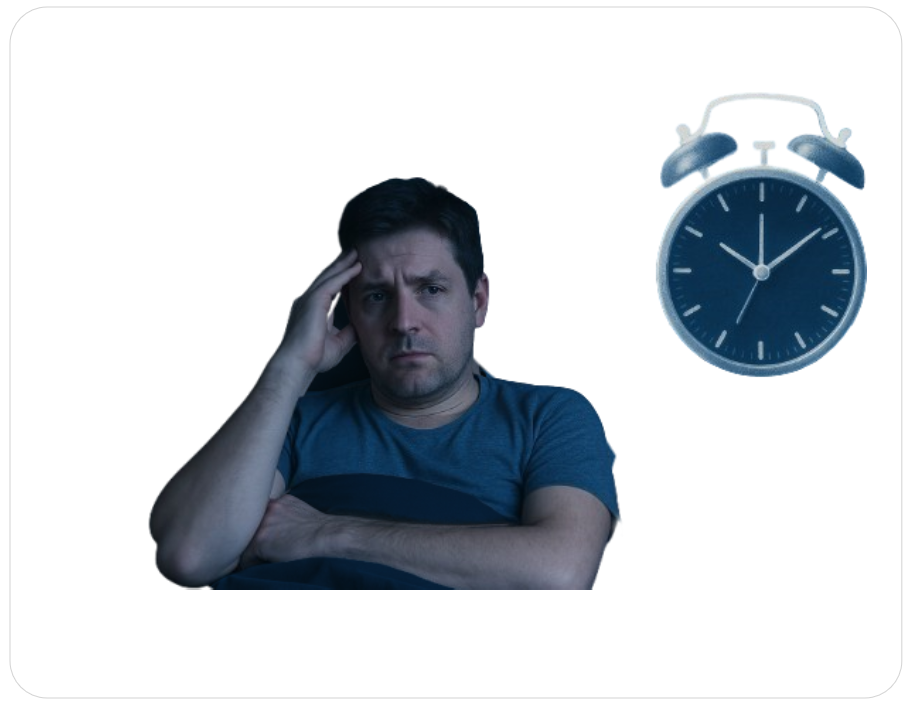
Insomnia, that frustrating feeling of staring at the ceiling while the world sleeps, is a common sleep disorder characterized by difficulty falling asleep, staying asleep, or experiencing non-restorative sleep despite having adequate opportunity to rest. This can manifest as taking a long time to doze off, waking up frequently during the night and struggling to fall back asleep, or waking up too early in the morning.
The impact of insomnia extends beyond just feeling tired. Chronic sleep deprivation can lead to a host of daytime consequences, including fatigue, difficulty concentrating, irritability, mood disturbances like anxiety and depression, and impaired performance at work or school. It can also increase the risk of accidents and long-term health problems. Insomnia can be acute, lasting for a few days or weeks, often triggered by stress or a change in routine.
However, it can also become chronic, persisting for months or even years. Identifying the underlying causes of insomnia, which can range from lifestyle factors and psychological conditions to medical issues and poor sleep habits, is the first step towards finding effective solutions.
